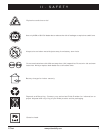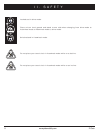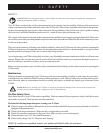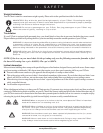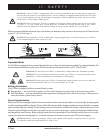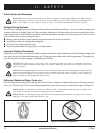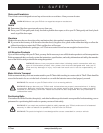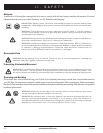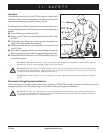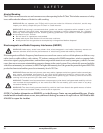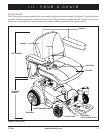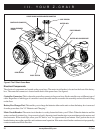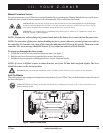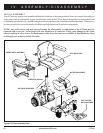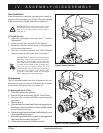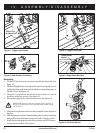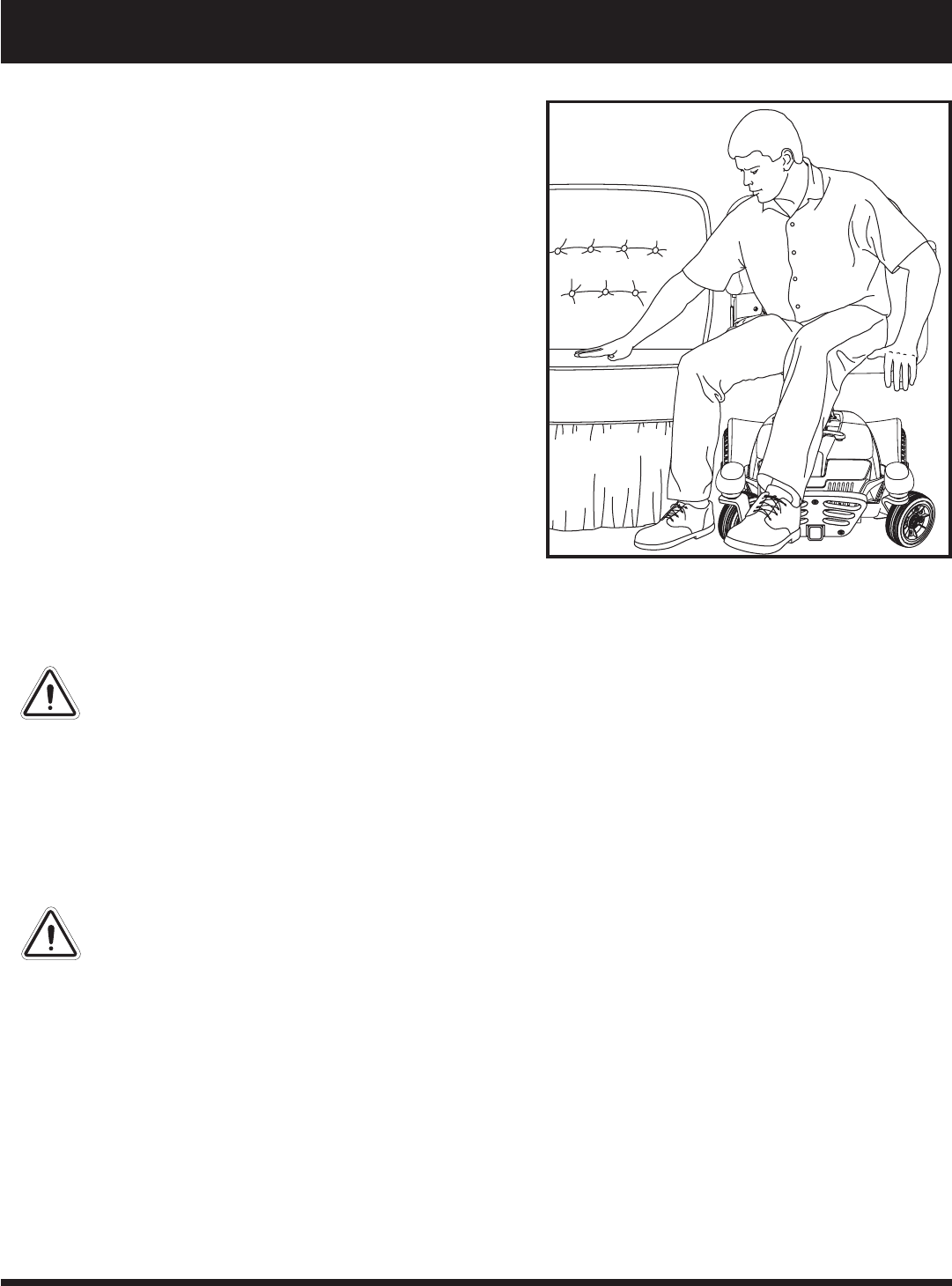
Z-Chair www.pridemobility.com 15
II. SAFETY
Prescription Drugs/Physical Limitations
Users must exercise care and common sense when operating a Z-Chair. This includes awareness of safety issues when
taking prescribed or over-the-counter drugs or when the user has specific physical limitations.
WARNING! Consult your physician if you are taking prescribed or over-the-counter medication or
if you have certain physical limitations. Some medications and limitations may impair your ability
to operate your Z-Chair in a safe manner.
Figure 4. Ideal Transfer Position
Transfers
Transferring onto and off of your Z-Chair requires a good sense
of balance. Always have an attendant or healthcare professional
present while learning to properly transfer yourself.
To eliminate the possibility of injury, Pride recommends that you or
a trained attendant perform the following tasks before attempting a
transfer:
! Turn off the power to the controller.
! Ensure your Z-Chair is not in freewheel mode. See III. “Your
Z-Chair.”
! Turn both caster wheels toward the transfer destination to
improve Z-Chair stability during transfer.
! Make sure both armrests are flipped up or removed from
your Z-Chair.
! Move the foot rigging out of the way; this will help to keep your
feet from getting caught on the foot rigging during the transfer.
! Reduce the distance between your Z-Chair and the object you
are transferring onto.
WARNING! Before transferring, position yourself as far back as possible in the Z-Chair seat to
prevent the Z-Chair from tipping forward during transfer.
WARNING! Avoid putting all of your weight on the Z-Chair armrests and do not use the armrests
for weight bearing purposes, such as transfers. Such use may cause the Z-Chair to tip, resulting
in a fall from the travel chair and personal injury.
WARNING! Avoid putting all of your weight on the foot riggings. Such use may cause the Z-Chair
to tip.



